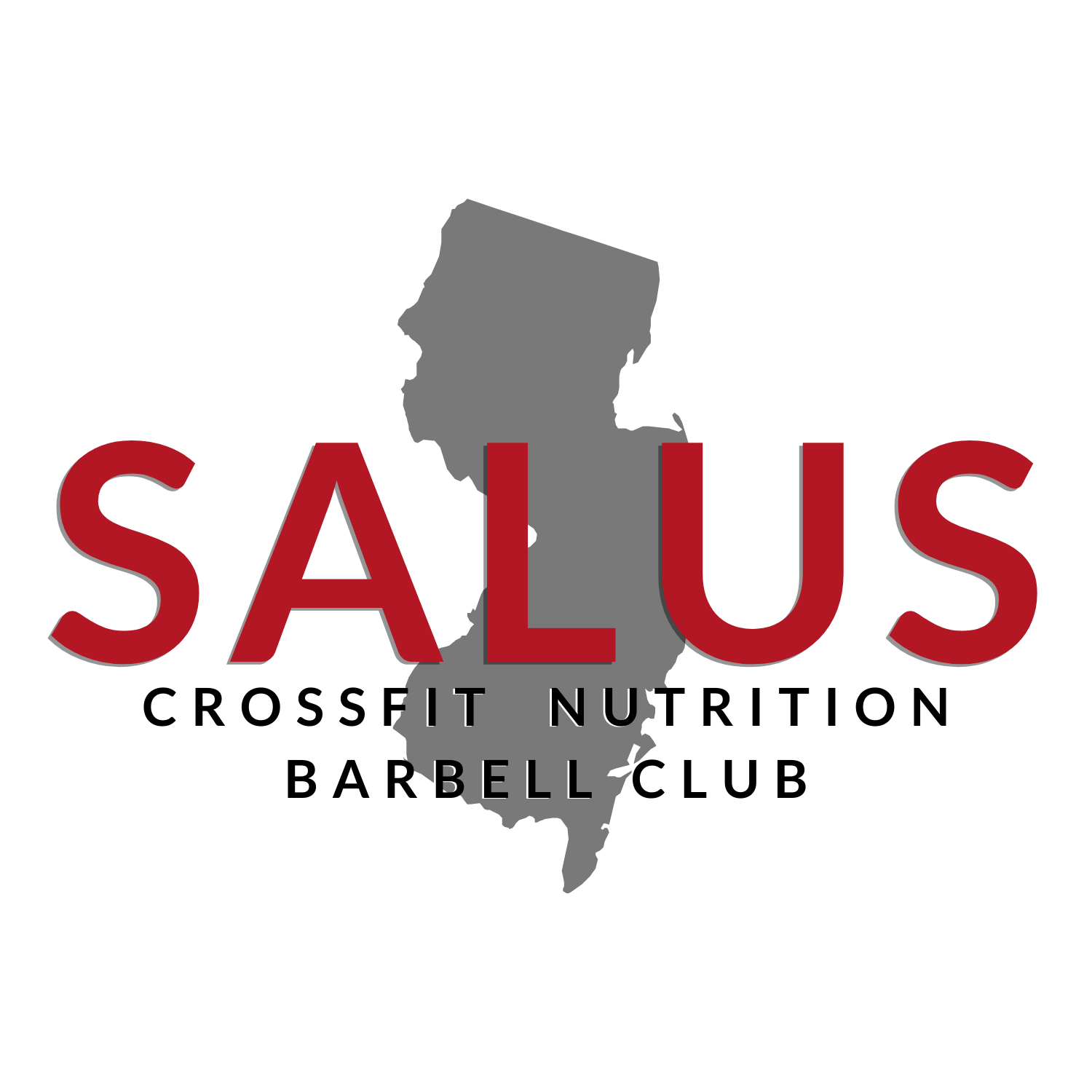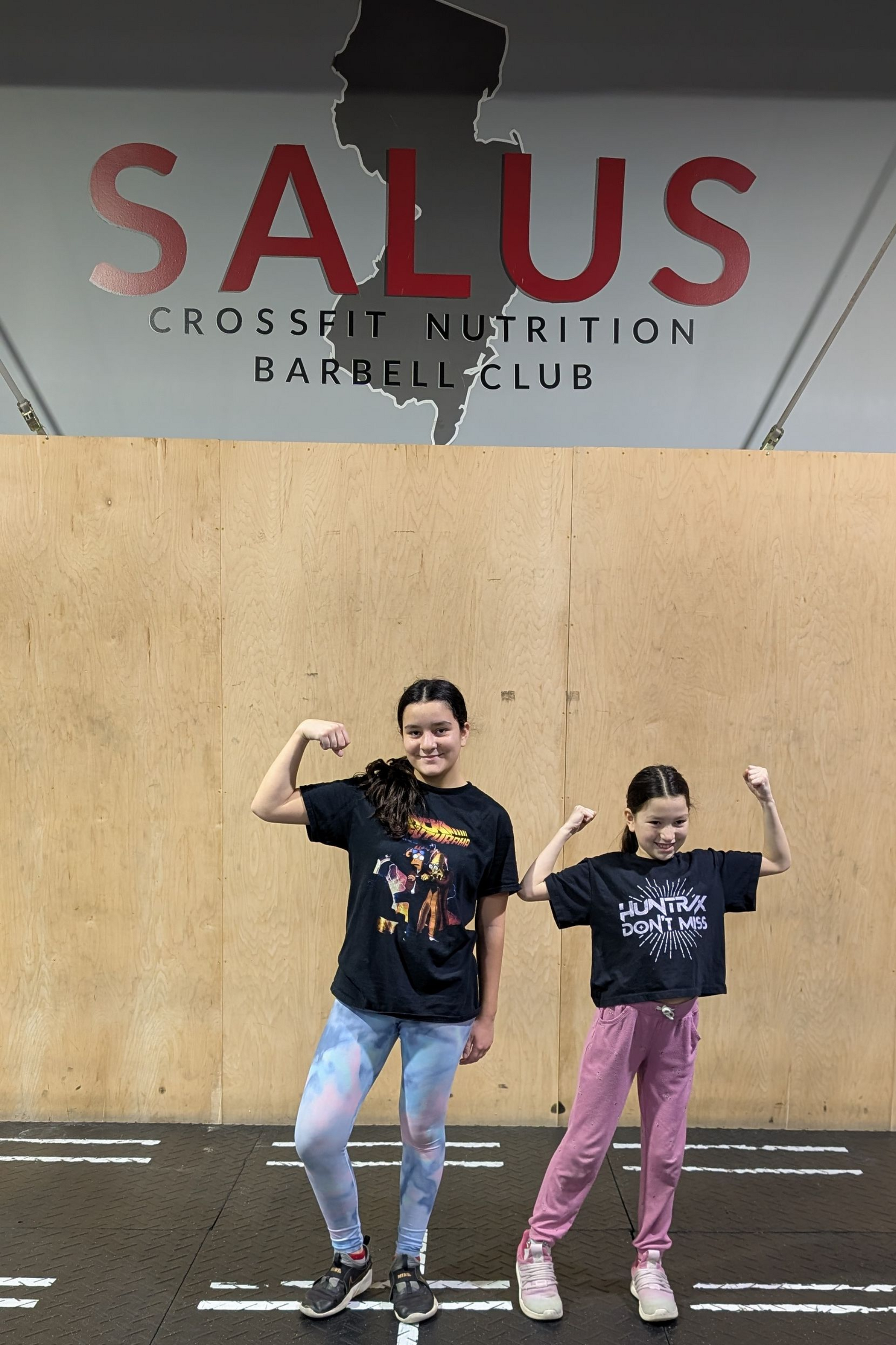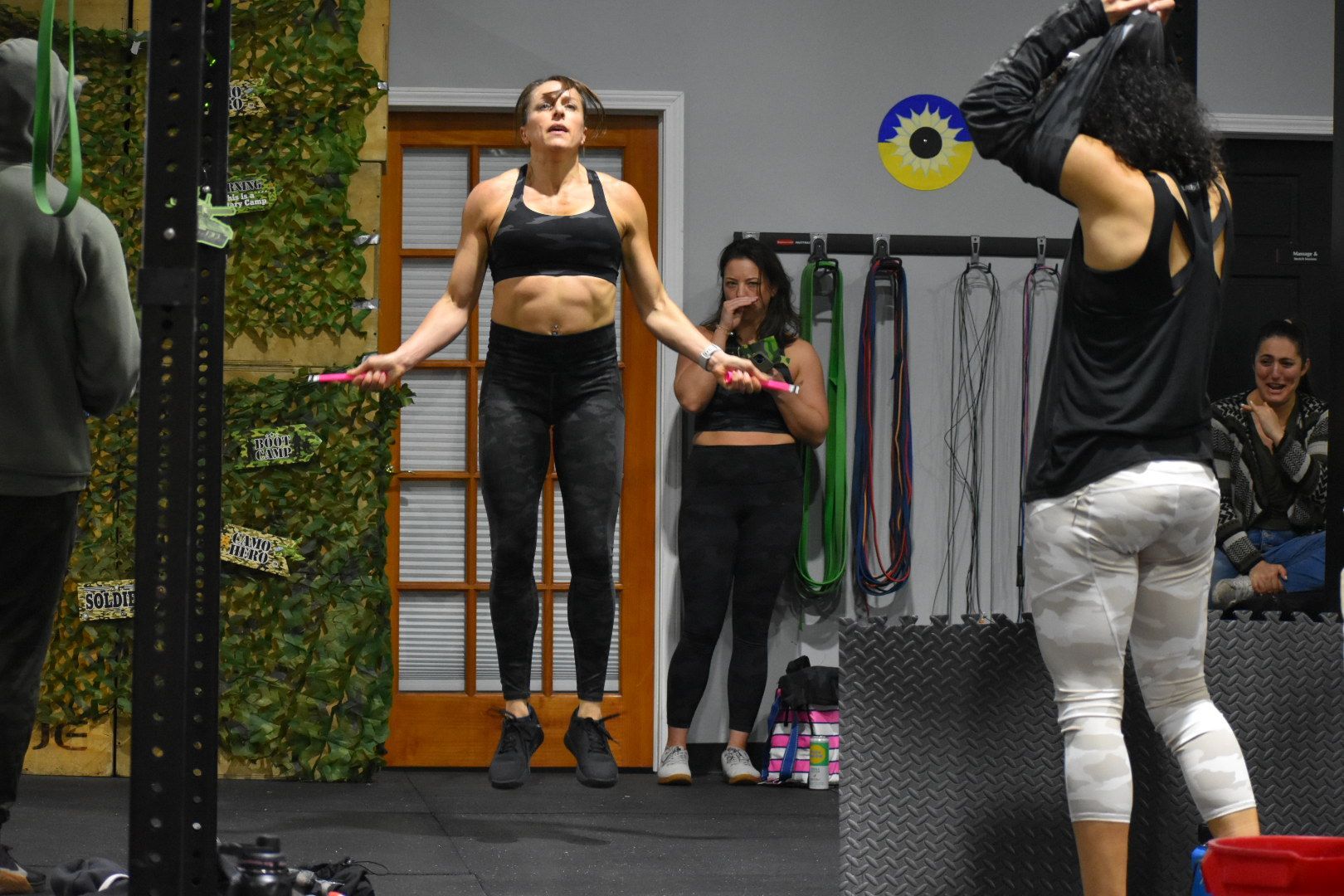Hydration for Young Athletes
Hydration for young athletes (and adult athletes, too) is more important than you may realize. A drop in hydration can not only affect performance, but can also result in headaches and a decrease in their cognitive performance.
Is your young athlete staying hydrated?
Guess what? Thirst is not a reliable sign of proper hydration (for kids or adults).
Experts recommend that young athletes drink plenty of water before a workout and every 15 to 20 minutes during a workout to maintain proper hydration, especially in hot summer months.
Make sure your young athlete stays hydrated during games and practices!
Hydration Tips for Young Athletes
 Good hydration should begin early in the day before they even set foot on the playing field.
Good hydration should begin early in the day before they even set foot on the playing field.
 Drink plenty of water during the day leading up to a game or practice, especially in the two to three hours before start time.
Drink plenty of water during the day leading up to a game or practice, especially in the two to three hours before start time.
 Continue to drink during the game or practice (about 1/2 cup every 15 minutes) and afterward to re-hydrate after sweat loss.
Continue to drink during the game or practice (about 1/2 cup every 15 minutes) and afterward to re-hydrate after sweat loss.
 Water should be the young athlete’s “go-to” drink for exercise that’s under 60 minutes.
Water should be the young athlete’s “go-to” drink for exercise that’s under 60 minutes.
 Drink cool water, not cold water. Between 59° F and 72° F is just about right.
Drink cool water, not cold water. Between 59° F and 72° F is just about right.
 Training sessions over an hour may require a drink to replace electrolytes lost through heavy sweating, such as coconut water or Vitargo (just watch out for those sneaky sugar-filled “sports” drinks that claim to be healthy).
Training sessions over an hour may require a drink to replace electrolytes lost through heavy sweating, such as coconut water or Vitargo (just watch out for those sneaky sugar-filled “sports” drinks that claim to be healthy).
Read more: “ Importance of Staying Hydrated ”
Dehydration can be dangerous. Prevention is key.
Hydration Guidelines for Young Athletes
The American Academy of Pediatrics recommends that children and adolescents drink plain water for “hydration before during and after most exercise regimens.”
Before a Workout (1-2 Hours)
4-8 oz. for children ages 6-12
8-16 oz. for young adults ages 13-18
Right Before a Workout (10-15 Minutes)
4-8 oz. for children ages 6-12
5-10 oz. for young adults ages 13-18
During a Workout (Every 20 minutes)
5-10 oz. for children and young adults ages 6-18 (depending on weight)
After a Workout (Within Two Hours)
24 oz. for every pound of weight lost
Signs of Dehydration
According to WebMD, a few of the early symptoms of dehydration in young children include:
- A dry mouth and/or sticky saliva
- Little urine output and/or urine that is dark yellow
- Irritability
Talk to your children about the importance of hydration for young athletes and get them involved by helping to pick out their own BPA-free reusable water bottle.
What About Carbohydrates and Electrolytes?
Some research on adult athletes demonstrates that, under extreme physical exertion and environmental conditions, that addition of small amounts of carbs, sodium and potassium can enhance the rate of fluid absorption. Recommendations for carbohydrate concentrations range from 2-8% (approx. 5-18 grams of simple sugar), with amounts of above 8% actually slowing fluid absorption.
Always use caution and read labels.
- Do not purchase flavored waters or sports drinks that contain unrecognizable ingredients or unnecessary additives.
- Remember that the typical effect caffeine has on adults can be intensified in children. Caffeinated beverages such as energy drinks and coffee, can irritate the stomach lining, cause nervousness and shaking and lead to frequent urination which contributes to dehydration. No lattes or mochas for the young athlete, please.
- Avoid additives such as: caffeine, guarana, taurine, ginseng, creatine and/or glucuronolactone uronolactone. These substances act as non-nutritive simulants, not real energy needed by growing muscles.
- Lay off the moo juice (cow’s milk) before or during exercise which can cause stomach cramping in some athletes.
- If you reach for coconut water as a healthy and natural source of electrolytes, just read the label to ensure additional “stuff” isn’t added.
Every time you eat or drink, it’s an opportunity to make your body stronger and healthier.
The post Hydration for Young Athletes appeared first on Salus.





